Peer assessment is the broad term for a range of activities that engage students in the act of evaluating and providing feedback on the work of other students.
Peer assessment can be formative, such as when students give feedback on their peers’ drafts, or it can be summative, for example, when students use a rubric to grade final submissions.
At UBC, student peer assessment (SPA) has been used with various assignment types, including written, oral, group, or individual projects.
Why use student peer assessment?
Student-student interaction can lead to enhanced understanding and improved learning experiences (Huisman, Saab, van Driel, & van den Broek, 2017; Moore & Teather, 2013). The foundation of this practice is that it enables students to take an active role in the management of their own learning as they monitor their work using internal and external feedback (Carless, Salter, Yang, & Lam, 2011).
By commenting on or ranking the work of peers, students identify standards which can then be transferred to their own work, and they construct an evolving understanding of discipline-specific content matter.
Below are a few resources to help you get started with Student Peer Assessment
How UBC faculty have incorporated Student Peer Assessment
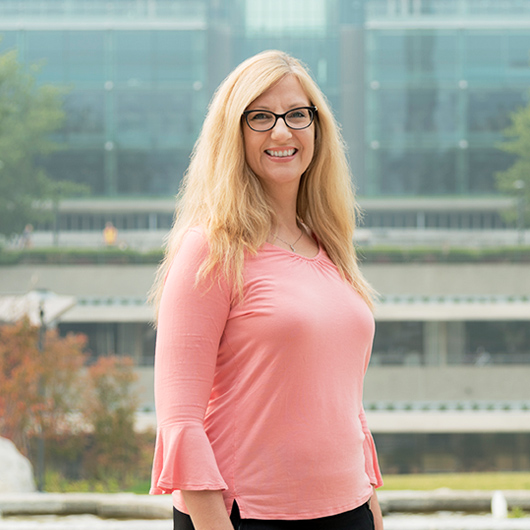
Silvia Bartolic
Silvia introduced SPA as a way of sharing her sociology students’ work with their peers. She explains the challenges and learnings she found along the way.
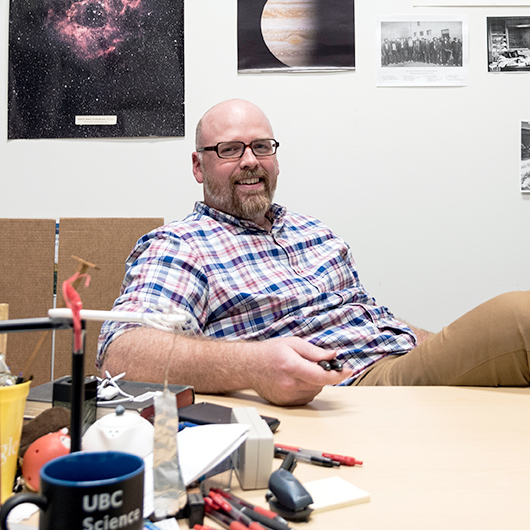
James Charbonneau
Initially a community-building exercise, James explains how peer evaluation in his physics class evolved into student peer review platform ComPAIR, and the importance of safety in peer assessment.
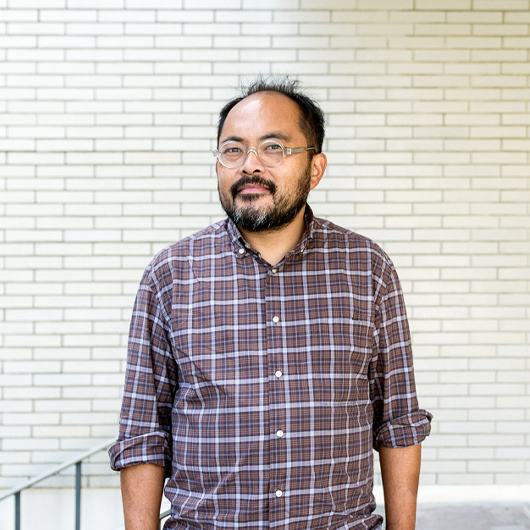
Kevin Chong
One of the foundational pieces of creative writing is peer review. Traditionally run in small workshops, Kevin shares how he brought peer review across to large lecture classes and its importance to developing writers.

Peter Graf
Personalized feedback for student learning can be challenging to deliver in large classes. But beyond that, Peter sees peer assessment as an opportunity for students to develop important critical reading and self-assessment skills.
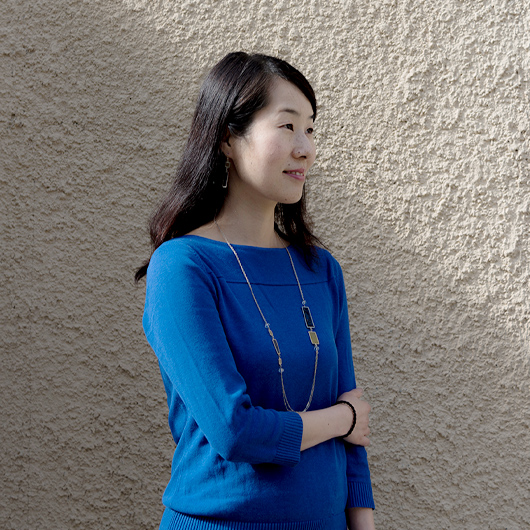
Misuzu Kazama
It’s far more common for peer review to be applied to writing tasks than spoken ones. Can language students give each other good feedback on a spoken assessment? Misuzu developed a project with real-world context to find out.
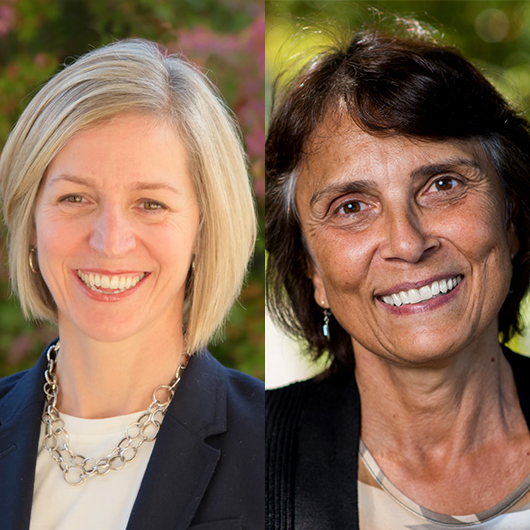
Kelly Allison & Marie Nightbird
Interpersonal communication is a key skill for social work students. After using informal peer feedback to develop those skills for many years, Kelly and Marie share how they formalized the process to gather insights and improve the student experience.
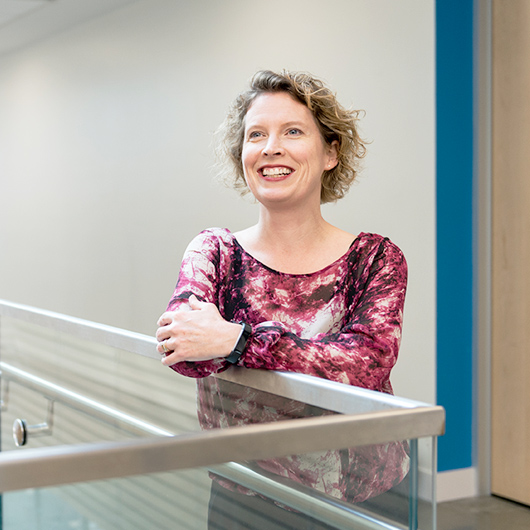
Jennifer Walsh Marr
From a starting point of investigating accountability in group work, Jennifer’s peer assessment project led to more student-centred teaching, and a better sense of community for her students.

